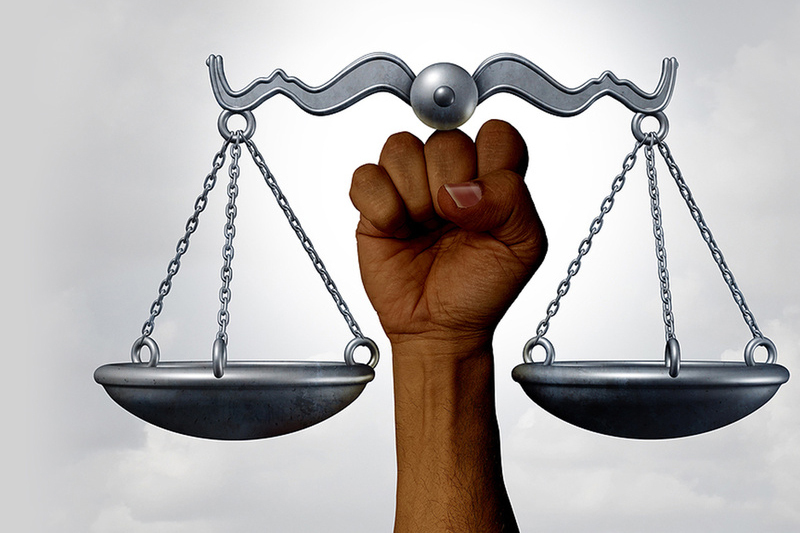
Discover the fundamental principles of social justice – equity, diversity, human rights, and more – essential for creating a fair and inclusive society
The idea of social justice is to provide opportunity, equality, and fairness for every member of society. It covers a broad variety of topics, such as access to healthcare and education, gender equality, racial discrimination, and economic inequality.
To create a world that is more inclusive and equal, it is imperative to comprehend the fundamental ideas of social justice. We’ll look at some of the core ideas of social justice in this essay that everyone should understand.
1. Equity: Ensuring that all individuals have equal access to opportunities and resources for success, irrespective of their circumstances or background, is the essence of equity. It entails locating and removing structural obstacles that keep some people from completely engaging in society.

2. Diversity and Inclusion: Understanding and appreciating the variety of people and cultures is essential to achieving social justice. It entails fostering inclusive settings where each person is valued, represented, and encouraged to share their distinct viewpoints and life experiences.

3. Human Rights: Human rights are the fundamental freedoms and rights to which every individual is entitled, irrespective of their sexual orientation, gender, color, or any other attribute. The principles of social justice include the rights to life, liberty, and personal security, as well as the defense and advancement of these rights for every person.

4. Intersectionality: The concept of intersectionality acknowledges that people may encounter various types of discrimination and oppression depending on how their identities overlap. For instance, the coexistence of racism and sexism might provide particular difficulties for a person who identifies as both feminine and of color. In order to achieve social justice, these interlocking forms of oppression must be addressed, and solutions that advance equality for everyone must be sought.

5. Empowerment: The goal of social justice is to provide underprivileged populations the tools they need to stand up for themselves and bring about good change. This entails giving people and communities the tools, encouragement, and chances they need to speak up, become leaders, and defend their rights.

6. Social Welfare: Social justice entails ensuring that everyone has access to essential goods and services, such as healthcare, education, housing, and food security. It involves advocating for policies and programs that address the underlying causes of poverty and inequality and promote the well-being of all members of society.

7. Solidarity: Solidarity is about standing in unity with marginalized communities and supporting their struggles for justice and equality. It involves recognizing that injustice anywhere is a threat to justice everywhere and taking collective action to challenge systems of oppression and discrimination.

8. Advocacy and Activism: Social justice requires individuals and organizations to actively challenge injustices and work towards positive social change. This may involve advocating for policy reforms, organizing protests and demonstrations, and raising awareness about issues affecting marginalized communities.

9. Accountability: Social justice demands accountability from individuals, institutions, and governments for their actions and policies. It involves holding those in positions of power responsible for upholding human rights, promoting equality, and addressing injustices when they occur.

10. Transformative Justice: Transformative justice seeks to address the root causes of social injustices and create lasting structural change. It involves reimagining systems and institutions to be more equitable and inclusive, dismantling oppressive structures, and building alternatives that promote fairness, equality, and dignity for all.
To sum up, social justice is a broad term that includes the ideas of responsibility, solidarity, advocacy, diversity, equity, human rights, intersectionality, empowerment, and transformational justice. We can cooperate to make the world more fair and just for coming generations if we comprehend and uphold these values.








